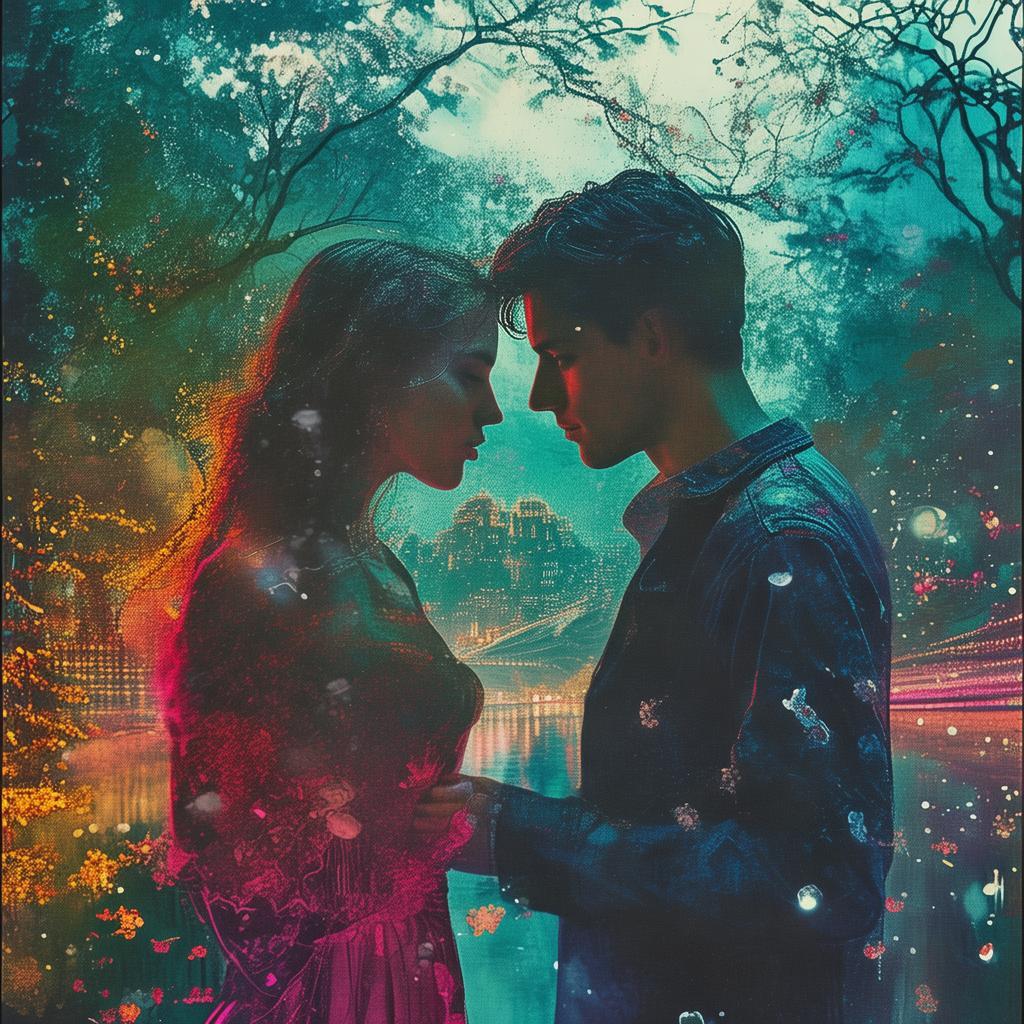Harvard's Lament: A Serenade in the Shadows
In the heart of Cambridge, where the ivy-clad walls whispered tales of yore, the air was thick with the scent of spring and the promise of new beginnings. Yet, for some, the air was tinged with a sense of foreboding, a shadow that loomed over the campus like the ancient stone of the Harvard University Library.
It was graduation day, a day of celebration and anticipation. The air was filled with the sound of laughter and the murmur of voices, as students and their families gathered to witness the culmination of years of hard work. Among them was a young woman named Eliza, a brilliant violinist with a soulful gaze that seemed to hold the weight of the world.
Eliza had spent her college years in the shadows, her talent shrouded by the expectations of her overbearing parents. She had found solace in the music of Vivaldi, in the melodies that spoke of love and loss, of joy and sorrow. Her violin was her confidant, her voice, and her escape.

As the ceremony began, the air grew heavy with emotion. The names were called, the degrees were awarded, and the crowd erupted in cheers. But amidst the celebration, there was a silence that felt almost sinister, a silence that seemed to hang over the campus like a shroud.
The silence was broken by a serenade, a haunting melody that seemed to come from nowhere and everywhere at once. The crowd turned, their eyes searching for the source. It was Eliza, standing on the edge of the crowd, her violin held tightly, her eyes closed, lost in the music.
The serenade was beautiful, a bittersweet melody that seemed to speak of love lost and a future unfulfilled. The crowd was captivated, their hearts aching with the beauty of the music. But as the last note resonated through the air, a chill ran down the spines of the audience. The serenade had ended, but the silence that followed was even more profound.
Days passed, and the campus was abuzz with rumors. The serenade had been a prelude to a murder. A senior, a man whose life had been a series of tragic events, had been found dead in his room. His death was ruled a suicide, but there were whispers that it was no ordinary end.
Eliza, the serenader, found herself at the center of the storm. She was questioned, her every move scrutinized. The police were relentless, their belief that the serenade was a farewell message to the man who had taken his own life. But Eliza knew that the melody had spoken of a love story, not a farewell.
She was determined to uncover the truth, to find the man who had been the inspiration for her serenade. She delved into the lives of the students, the professors, the staff, searching for clues that might lead her to the man who had shared her pain and her joy.
Her search led her to a reclusive artist, a man whose work spoke of loss and longing. He had been the one who had heard her serenade, who had seen the pain in her eyes, and who had recognized the music as his own. He had been the man who had inspired her to compose the serenade, to share her story with the world.
But as Eliza delved deeper, she discovered that the artist was also the man who had been found dead. His death had been ruled a suicide, but the circumstances were suspicious. There was evidence that he had been poisoned, that someone had wanted him dead.
Eliza was determined to uncover the truth, to find the killer. She knew that the artist had been close to the man who had died, that they had shared a secret that had led to his death. She knew that the serenade had been a warning, a prelude to a murder.
Her investigation led her to the heart of Harvard, to the dark corners of the university where secrets were kept and lies were told. She discovered that the artist had been involved in a complex web of deceit, a web that had reached the highest echelons of the university.
Eliza's search for the truth brought her face-to-face with the killer, a man who had been close to the artist, who had wanted to silence him. But as she confronted him, she realized that the killer was not the one she had expected. It was a person she had trusted, a person she had loved.
The revelation shattered her world, leaving her reeling. She had been searching for the truth, but the truth had found her. She had been chasing a killer, but the killer had been herself.
In the end, Eliza realized that the serenade had been a prelude to her own death. The melody had spoken of love and loss, of joy and sorrow, but it had also spoken of her own end. She had been searching for the man who had inspired her, but she had been searching for herself.
The story of Eliza's search for the truth, for the man who had inspired her, and for herself, is a tale of love, loss, and redemption. It is a story that speaks of the power of music to heal, to bring comfort, and to inspire. It is a story that will resonate with readers, a story that will make them question the nature of truth and the meaning of love.
✨ Original Statement ✨
All articles published on this website (including but not limited to text, images, videos, and other content) are original or authorized for reposting and are protected by relevant laws. Without the explicit written permission of this website, no individual or organization may copy, modify, repost, or use the content for commercial purposes.
If you need to quote or cooperate, please contact this site for authorization. We reserve the right to pursue legal responsibility for any unauthorized use.
Hereby declared.









